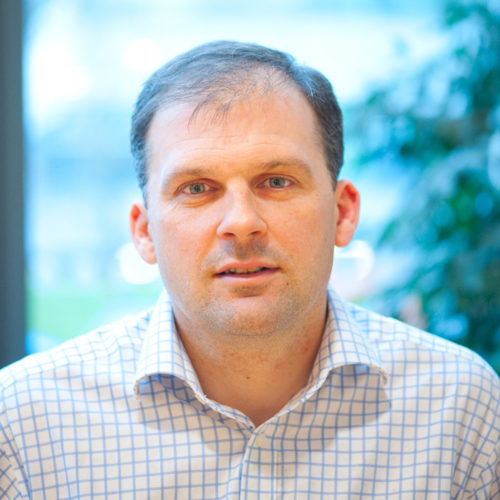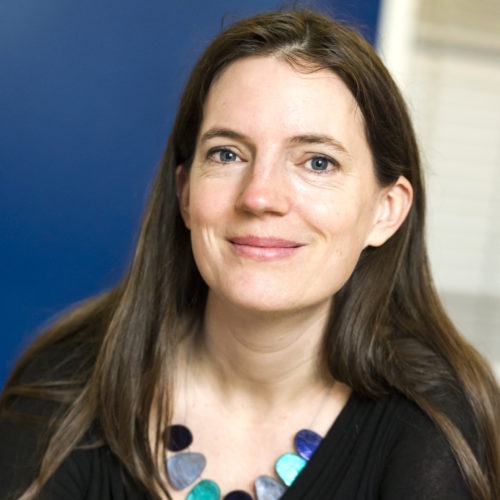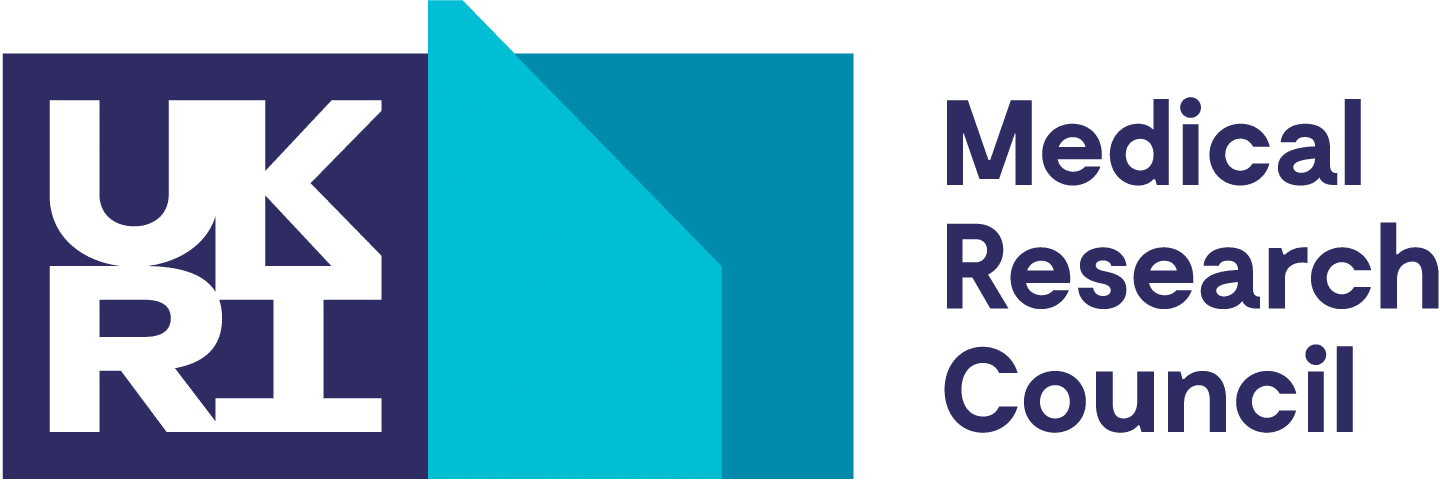Home > About Us > Our background > Acellular (smart material) approaches for therapeutic delivery > Our Research Team > Keele University: Dr Hareklea Markides
 Dr Hareklea Markides completed her undergraduate degree at UCL in Biochemical Engineering. This was a problem solving based degree with emphasis on the unit design and implementation of vital engineering theories required to meet the market demand of biological based therapies. Soon after, Hareklea joined the DTC in regenerative medicine (Loughborough, Nottingham and Keele University) where organised lab based mini projects at each collaborating institution introduced key concepts essential to the life cycle of a stem cell based therapy. Upon completion, Hareklea progressed to PhD level at Keele University supervised by Prof Alicia El Haj working closely with the ARUK (Arthritis Research UK) centre. Investigations focused on the development and implementation of a non-invasive means of imaging and tracking cells in vivo. This imaging and tracking modality relied on the combined use of magnetic nanoparticles and magnetic resonance imaging (MRI) and was focused on cell based therapies developed to treat arthritis of the knee. Magnetic nanoparticle and cell labelling protocols were established and applied to track labelled cell populations in small animal in vivo experiments with time. This approach allows for cell integration, tissue regeneration and cellular bio-distribution to be assessed which are all fundamental concepts in evaluating the risks and success of cell based therapies and therefore enabling clinical translation. During her time at Keele University, Hareklea co-founded the FIRM (Future Investigators of Regenerative Medicine) society. Recognising the ever-growing regenerative medicine community, FIRM aims to bring young researchers from UK and European institutions together via annual symposiums, establishing an international network from very early on in their careers leading to future collaborations.
Dr Hareklea Markides completed her undergraduate degree at UCL in Biochemical Engineering. This was a problem solving based degree with emphasis on the unit design and implementation of vital engineering theories required to meet the market demand of biological based therapies. Soon after, Hareklea joined the DTC in regenerative medicine (Loughborough, Nottingham and Keele University) where organised lab based mini projects at each collaborating institution introduced key concepts essential to the life cycle of a stem cell based therapy. Upon completion, Hareklea progressed to PhD level at Keele University supervised by Prof Alicia El Haj working closely with the ARUK (Arthritis Research UK) centre. Investigations focused on the development and implementation of a non-invasive means of imaging and tracking cells in vivo. This imaging and tracking modality relied on the combined use of magnetic nanoparticles and magnetic resonance imaging (MRI) and was focused on cell based therapies developed to treat arthritis of the knee. Magnetic nanoparticle and cell labelling protocols were established and applied to track labelled cell populations in small animal in vivo experiments with time. This approach allows for cell integration, tissue regeneration and cellular bio-distribution to be assessed which are all fundamental concepts in evaluating the risks and success of cell based therapies and therefore enabling clinical translation. During her time at Keele University, Hareklea co-founded the FIRM (Future Investigators of Regenerative Medicine) society. Recognising the ever-growing regenerative medicine community, FIRM aims to bring young researchers from UK and European institutions together via annual symposiums, establishing an international network from very early on in their careers leading to future collaborations.
Publications
Hareklea Markides, Oksana Kehoe, Robert Morris, Alicia El Haj. Whole Body Tracking of SPION Labelled Cells – a Rheumatoid Arthritis mouse model, Stem Cell Research & Therapy. 2013; 4(5):126.
Ian Wimpenny, Hareklea Markides. Orthopaedic applications of nanoparticle-based stem cell therapies. Stem Cells Research and Therapy 2012; 3(2):13.
Hareklea Markides, Michael Rotherham, Alicia J.El Haj. Biocompatibility and Toxicity of Magnetic Nanoparticles in Regenerative Medicine. Journal of Nanomaterials, 2012; 2012:11.
Michael J Sawkins, William Bowen, Paramjeet Dhadda, Hareklea Markides, Laura E Sidney, Adam J Taylor, Felicity R Rose, Stephen F Badylak, Kevin M Shakesheff, Lisa White. Hydrogels derived from demineralized and decellularized bone extracellular matrix. Acta Biomaterialia, 2013 8//;9(8):7865-73.









